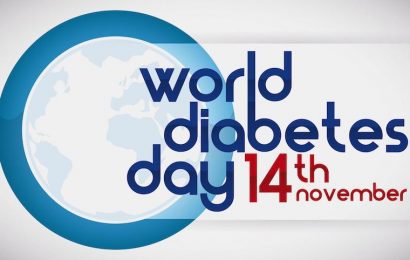For years, it’s been well established that bariatric (weight-loss) surgery can greatly improve and even reverse many cases of Type 2 diabetes. Usually, this surgery is recommended for people with diabetes who are also obese, but improvements in blood glucose control tend to be seen even before any significant weight loss occurs.
But how soon after a diabetes diagnosis should bariatric surgery be considered? Two recent studies looked at the outcomes of both early and later interventions.
In one study, presented at ObesityWeek 2017 in Washington, D.C., in October, researchers explored bariatric surgery as a first-line treatment for Type 2 diabetes in people with low- or moderate-risk obesity — defined as a body-mass index (BMI) of at least 30 but below 40. As noted in a Healio article on the study, surgery usually isn’t considered for Type 2 diabetes until lifestyle measures and drug treatments have have been tried — without success — to adequately control blood glucose levels. But in this case, 35 people underwent surgery within 12 months of being diagnosed with diabetes.
After the study’s average follow-up period of five years following the surgery, participants had lost an average of 7 points on the BMI scale — equivalent to losing 55% of their excess body weight. Their average HbA1c level (a measure of long-term blood glucose control) dropped from 7.1% to 5.8%, a significant drop that brought them below the threshold for diagnosing diabetes (and barely past the threshold for prediabetes). Out of the 35 participants, 31 achieved remission of their diabetes, defined as an HbA1c level below 6.5% without taking any medications.
In the second study, also presented at ObesityWeek 2017, researchers looked at outcomes from bariatric surgery in over 250 people who were taking insulin for their diabetes — indicating, most likely, a longer duration of diabetes. As described in a Medscape article on the study, after a seven-year follow-up period, 44% of participants were able to maintain good blood glucose control (defined as an HbA1c level below 7%) without taking insulin. While this represents a clear improvement over the 18% of participants who had good blood glucose control before the surgery while taking insulin, it falls far short of most participants achieving remission of diabetes. In fact, only 15% of participants achieved remission beyond five years after the surgery.
What’s your take on these studies — are you impressed by the outcomes associated with bariatric surgery in Type 2 diabetes? Do you think the seemingly greater benefits of having the surgery early on might justify using it before trying drugs or lifestyle changes? Would you consider bariatric surgery for yourself, knowing its track record both early and later in the course of diabetes? Leave a comment below!
Want to learn more about bariatric surgery? Read “Bariatric Surgery for Diabetes” and “Is Bariatric Surgery for You?”





